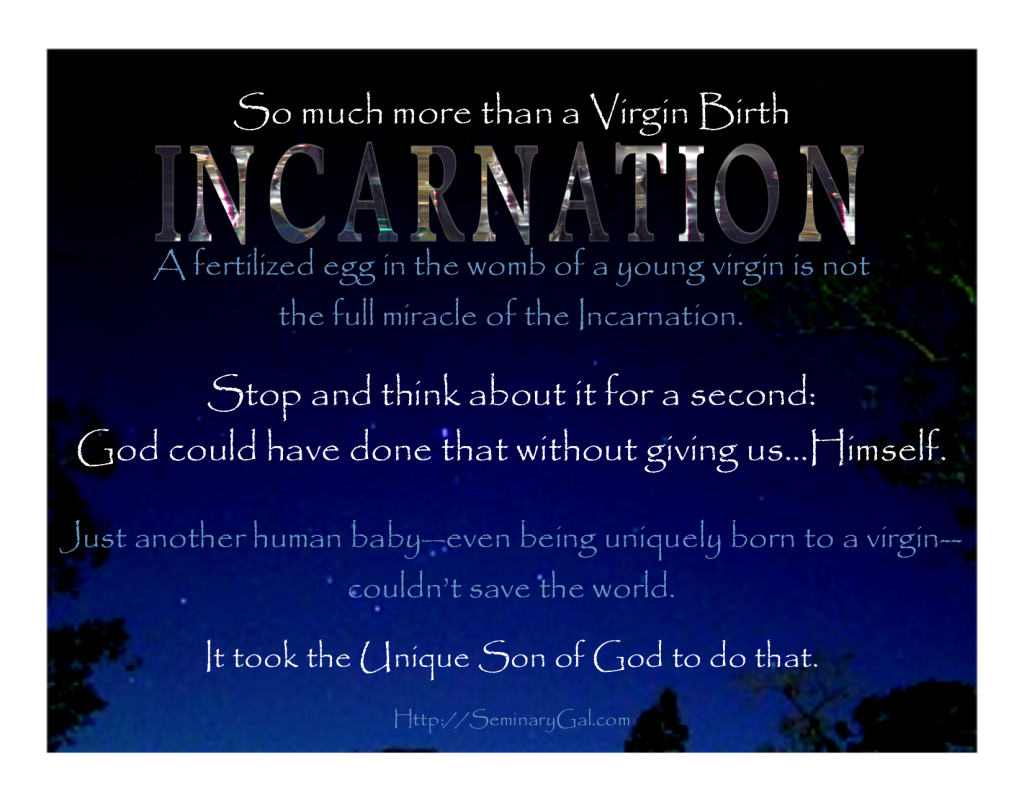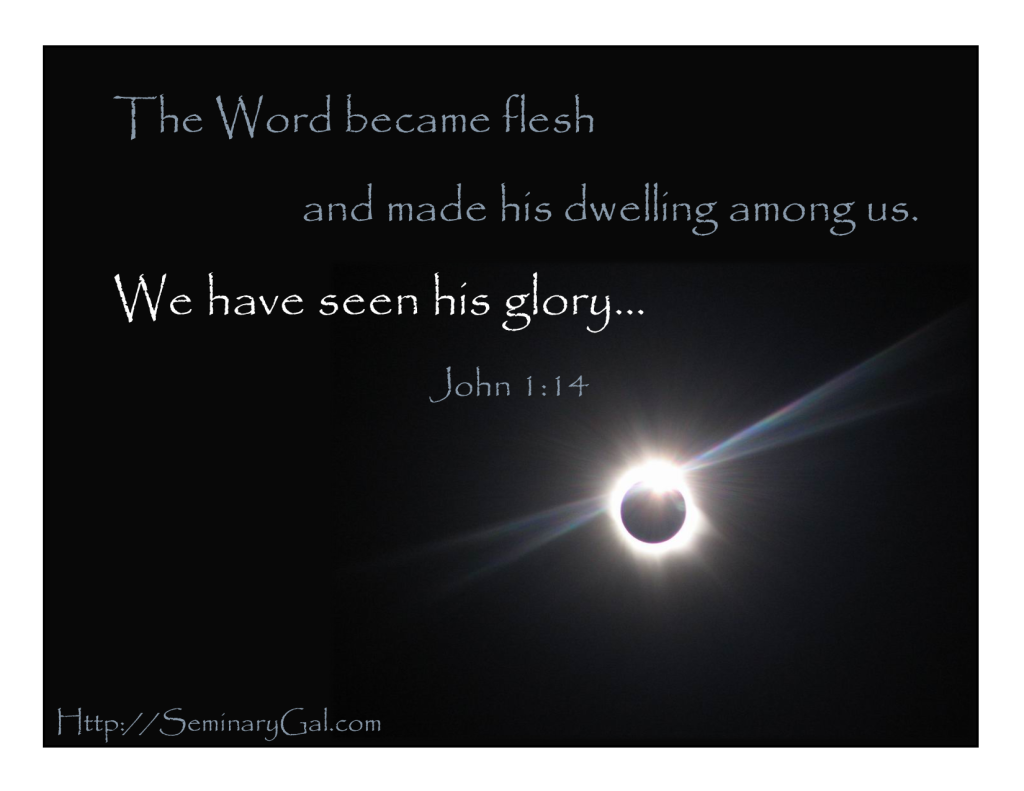Zeal…Zealot. Not words we often associate with anything good. It’s ironic because many of the synonyms of zeal are remarkably positive. Only fanaticism and mania can be considered negative among a whole listing of positive words like ardor, eagerness, perseverance, passion, sincerity, diligence, etc.
Zealot on the other hand has synonyms like activist, diehard, extremist, fanatic, maniac, militant, nut, radical, and fiend.
So, what do we think of Jesus when we read John 2:17?
His disciples remembered that it is written: “Zeal for your house will consume me”
The Scripture is a quotation from Psalm 69:9 and it is likely that it wasn’t an immediate response of the disciples to the cleansing of the temple but probably only occurred to them after Jesus’ death. Otherwise quoting this Psalm of deliverance seems kind of random and like the disciples are stretching things a bit, looking for Jesus under every Old Testament rock. But in the theme of deliverance from persecution, this Psalm makes sense, especially since it is mentioned in the Crucifixion scenes. Like the Psalmist, Jesus would pay a high price for being passionately concerned for God’s honor, therefore, this Psalm makes sense. Jesus wanted the Temple to be His Father’s house–a place of sincere worship and prayer–and nothing less. Jesus would pay the ultimate price for that devotion.
Emmanuel: When LOVE showed up in-person means that Jesus came to be God with us. Consequently, Jesus was a revolutionary in every sense of the word—His actions upset the broken world’s chaos that had existed since the fall of man. Then after turning the religious status quo upside down, He embarked upon instituting a new sense of order in our lives. Jesus spent His days living, teaching and then dying to help us remember to have an order with God in charge, not sin. An order in which God has the last word, not death. And an order with God receiving worship, not man.
The covenant people had become corrupted and that’s why God’s glory left the Temple. In Jesus, God’s glory was returning, Jesus’ own body would be the Temple, and He’d deal with mankind’s corruption on the Cross. It’s no wonder Jesus was consumed with the mission for which He’d been sent.
Jesus was zealous about our proper worship of the Father, our Creator God, and He was fixed upon the Cross, making it possible for us to have a relationship with Him. Maybe we could all be a bit more zealous for this.
Questions for pondering:
- How would you feel about being called a zealot or any of the synonyms?
- What are you zealous about? What hills would you die on?
- What makes being a zealot good or bad?
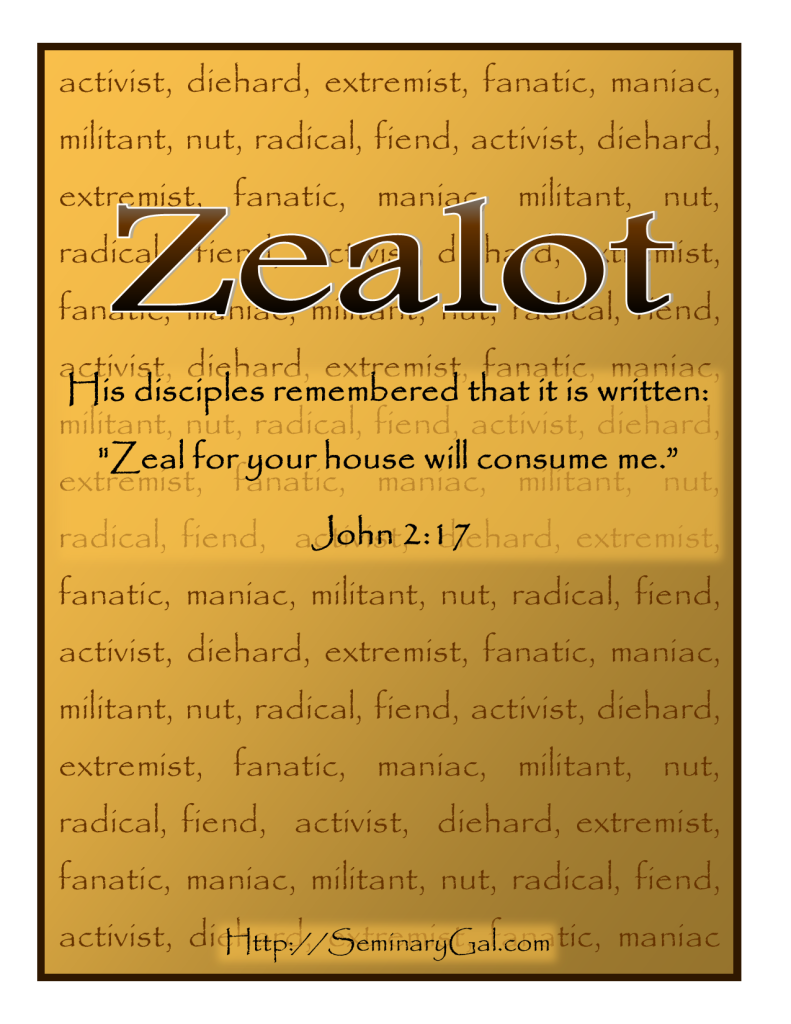

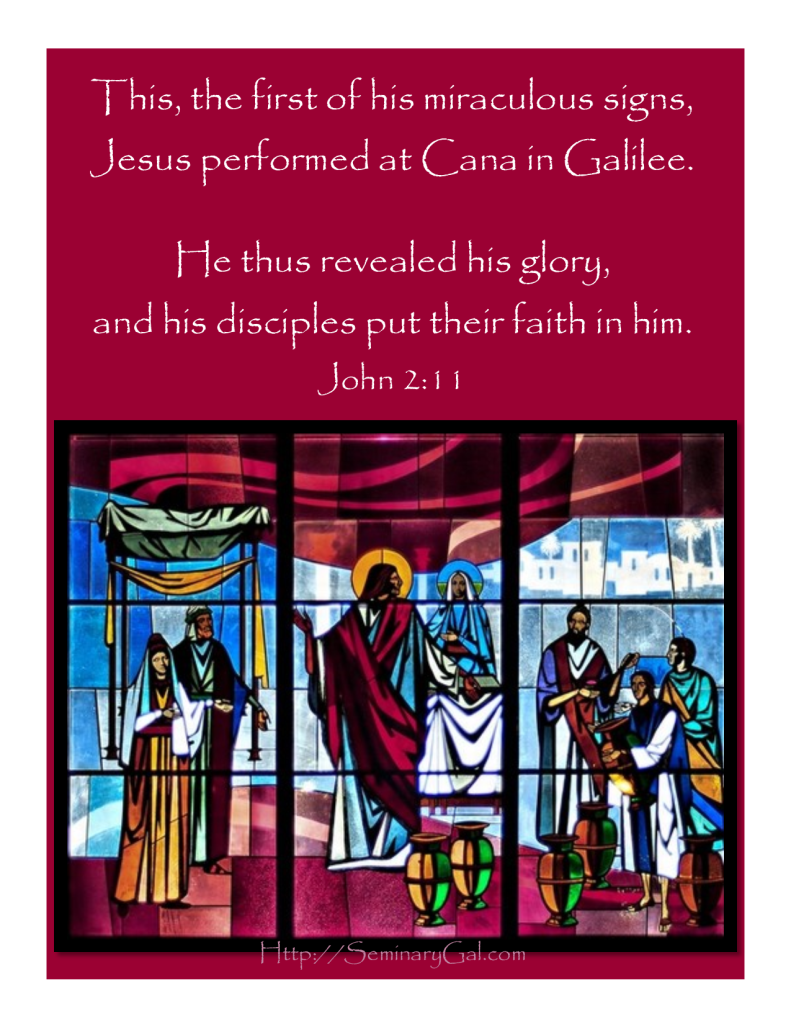
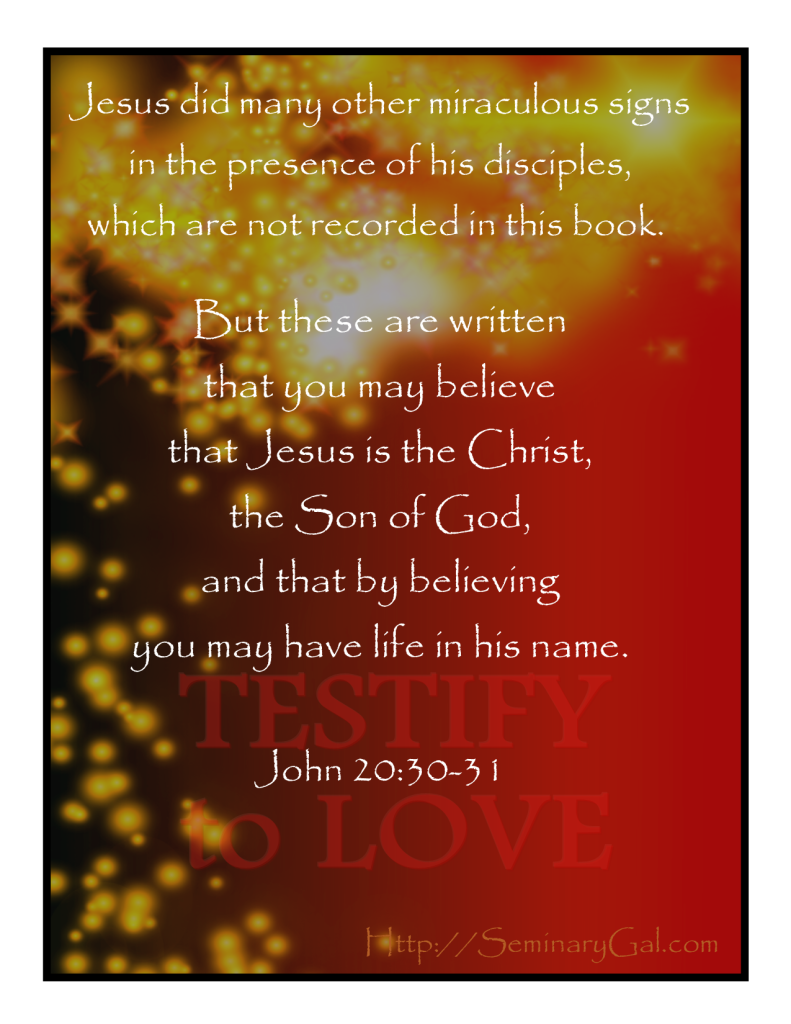
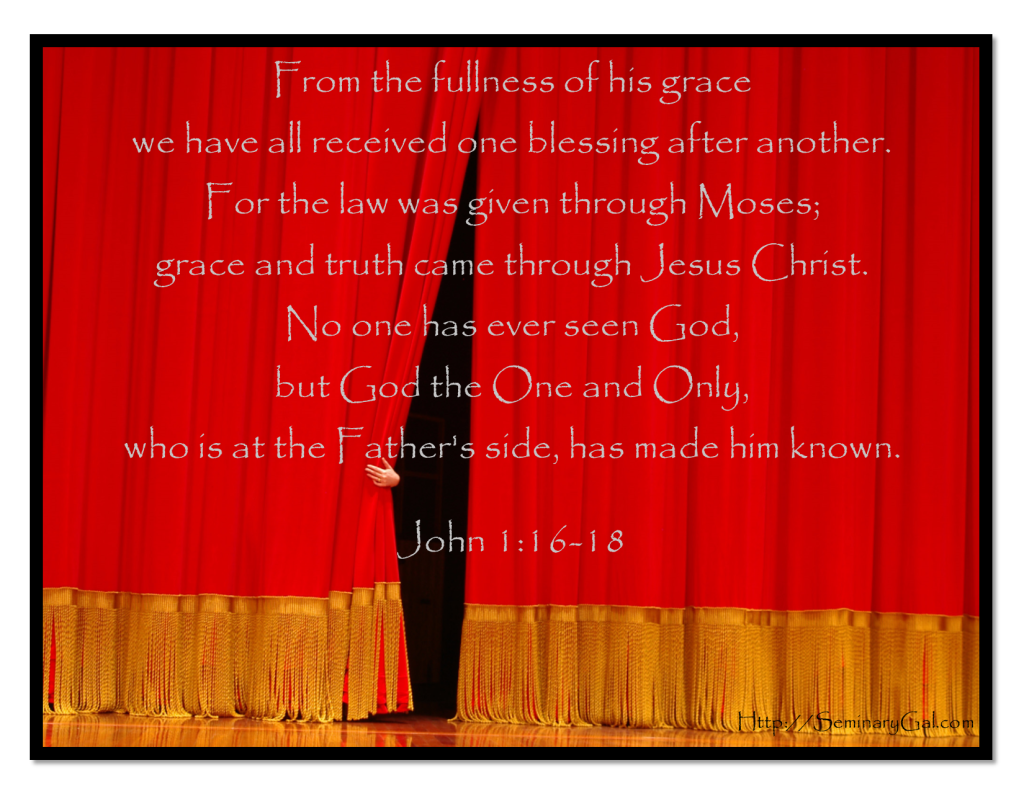
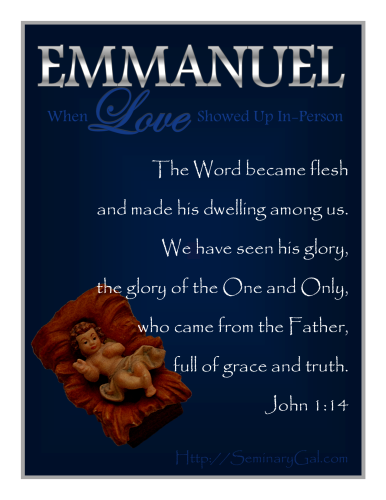 When Jesus came (as we read in our verse for this week), we see the full truth:
When Jesus came (as we read in our verse for this week), we see the full truth: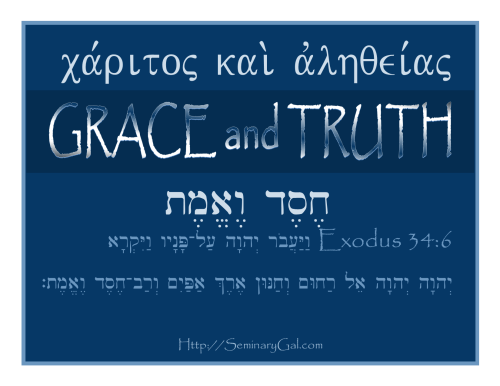
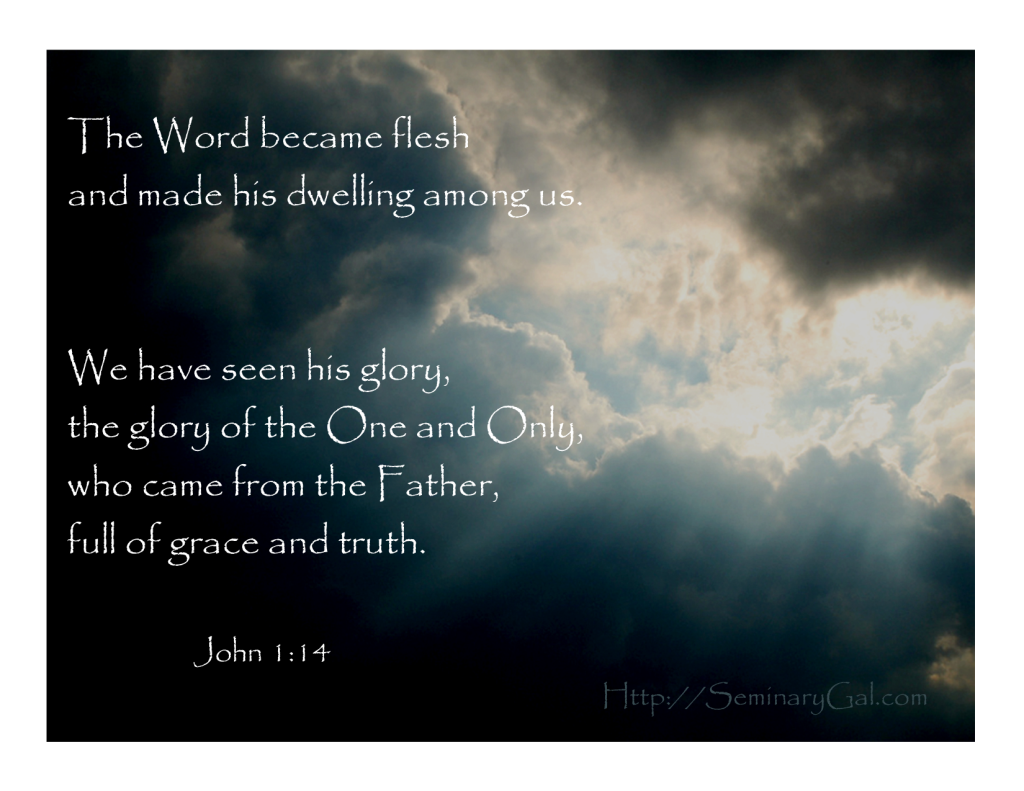 Let’s continue our Advent series
Let’s continue our Advent series  If God is like a one-room spiritual house (One True God), then the Father is like a window, a sky-light allowing a look inside to see the entire contents of the one room spiritual house. Inside the spiritual house, Father, Son and Holy Spirit roam freely about all the contents of the house and share fully the same space furnished with character and attributes. We cannot get inside the house to see. We take God at His word.
If God is like a one-room spiritual house (One True God), then the Father is like a window, a sky-light allowing a look inside to see the entire contents of the one room spiritual house. Inside the spiritual house, Father, Son and Holy Spirit roam freely about all the contents of the house and share fully the same space furnished with character and attributes. We cannot get inside the house to see. We take God at His word.